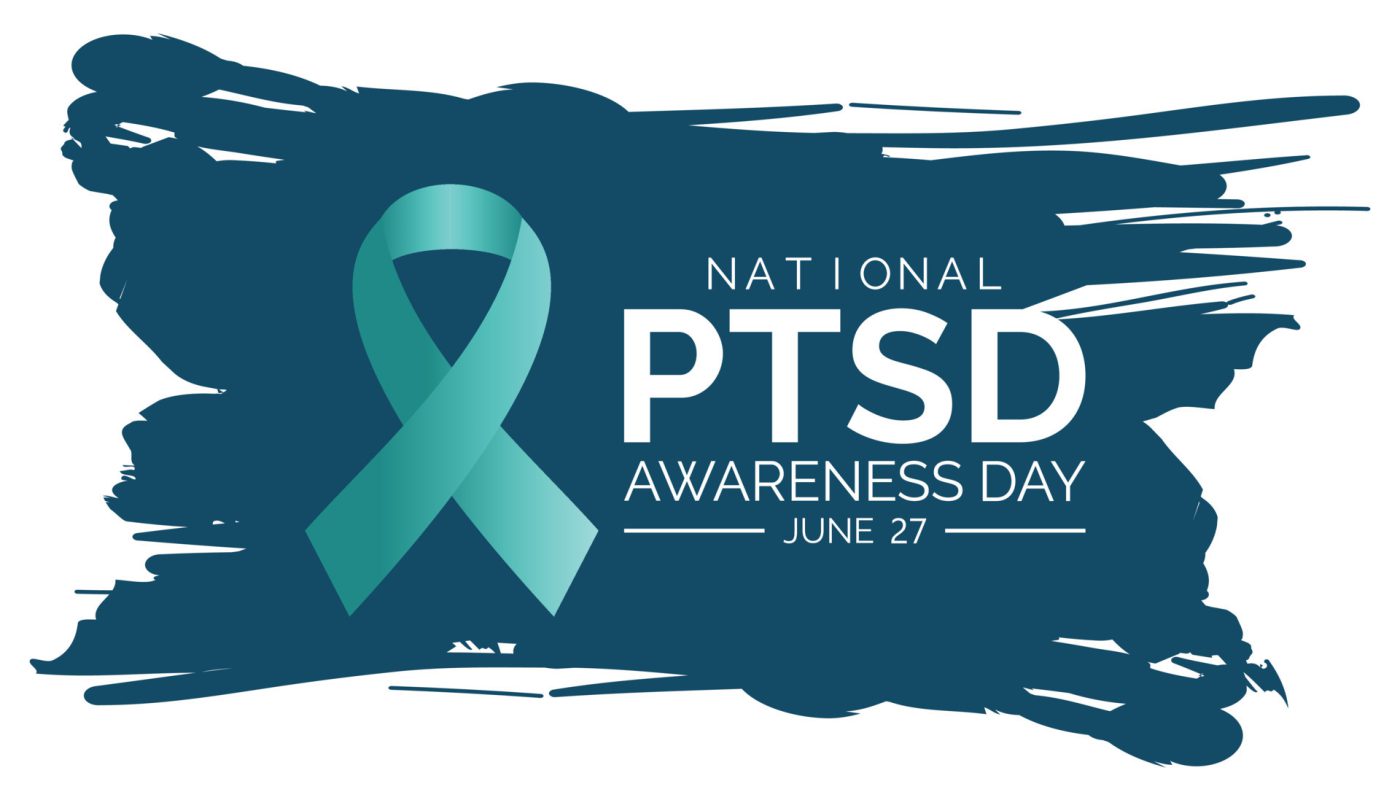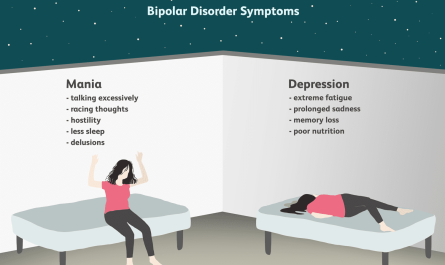National PTSD Awareness Day
National PTSD Awareness Day is an important observance that significantly raises awareness of post-traumatic stress disorder (PTSD), a mental health illness affecting millions worldwide. This day, which is observed on June 27th every year, acts as a reminder to increase awareness of PTSD, foster knowledge of it, and offer support to people who are dealing with it. We may contribute to the development of a more sympathetic and helpful society for persons affected by this illness by encouraging compassion, education, and dialogue.
Post-traumatic stress disorder (PTSD) is a complex and crippling mental health can appear after enduring or witnessing a terrible event. It can affect people of all ages, genders, and socioeconomic statuses, and if left untreated, its effects may be long-lasting. Natural catastrophes, accidents, violent crimes, combat situations, or any other occurrence that endangers life or the body’s integrity can all qualify as traumatic events. Specific criteria for diagnosing PTSD are listed in the Diagnostic and Statistical Manual of Mental Disorders (DSM-5) and include exposure to a traumatic event, intrusive symptoms, avoidance behaviors, depressive mood changes, and changes in arousal and reactivity.
The first step in helping those suffering from this crippling ailment is to have a basic understanding of PTSD. We can foster empathy, lessen stigma, and make sure that people get the support and care they require by being aware of the distinguishing features and typical symptoms of PTSD which are discussed below:
- Unwanted Ideas and Memories
People who have PTSD frequently have disturbing thoughts, flashbacks, or dreams that are connected to the traumatic event. Reminders of the trauma might bring up these upsetting and vivid memories, which can result in strong emotional and physical reactions.
- Avoidance
In PTSD, avoidance is a typical coping strategy. People may avoid circumstances, people, places, or things that make them think of the terrible incident. This avoidance might hinder everyday activities and reduce social interaction.
- Negative attitudes and feelings
Negative thoughts and beliefs about oneself, other people, or the world may arise in PTSD sufferers. They could feel remorseful, ashamed, or detached from their loved ones. There is also a high prevalence of depression, anxiety, and a loss of interest in formerly favored hobbies.
- Hyperarousal
PTSD frequently manifests as increased arousal and responsiveness. People may experience continual anxiety, irritability, or difficulty concentrating. To feel safe, they can have problems falling asleep, have heightened startle reactions, and act hypervigilant.
It is crucial to get professional assistance if you or someone you know is struggling with PTSD symptoms. A mental health specialist can provide a precise diagnosis and create a personalized treatment plan to suit the unique requirements and difficulties related to PTSD. Keep in mind that PTSD recovery is feasible, and people may regain control over their life and find healing with the correct support and therapy.
National PTSD Awareness Day has American roots. The U.S. Senate established June 27th as National PTSD Awareness Day in 2010 to raise awareness of the difficulties faced by those with PTSD and their families. There is significance in the selection of June 27 as the scheduled day as well. It celebrates the passage of the National Defence Authorization Act for Fiscal Year 2010, which aims to enhance the goal of enhancing veteran mental health care. It also acknowledges that PTSD affects people from various areas of life and was motivated by the need to address the enormous impact that PTSD has on military veterans.
National PTSD Awareness Day has grown in popularity and recognition outside of the United States since it was first established. It has gained recognition on a global scale, with many nations participating in campaigns to spread knowledge about PTSD and offer assistance to those who suffer from the disorder.
This initiative strives to reduce stigmas associated with mental health issues, enhance public awareness of PTSD, and foster empathy and understanding through educational programs, public campaigns, and community events. It offers a chance to emphasize the value of early intervention, the availability of mental health resources, and the requirement for ongoing research and breakthroughs in PTSD treatment. Additionally, the day offers a forum for people, groups, and advocacy organizations to exchange resources, firsthand accounts, and coping mechanisms linked to PTSD. It promotes an atmosphere where honest discussions about mental health and PTSD can occur, enabling people to ask for help, find comfort in similar experiences, and have access to the tools they need for their healing process.
National PTSD Awareness Day gives people, communities, and organizations a chance to unite in support of those suffering from PTSD. We can build a society that values recovery, resiliency, and compassion by encouraging understanding, empathy, and easy access to resources. Let’s utilize this day to advocate for a world where people with PTSD feel understood, supported, and empowered on their path to healing and to tear down the stigma around mental health disorders.


